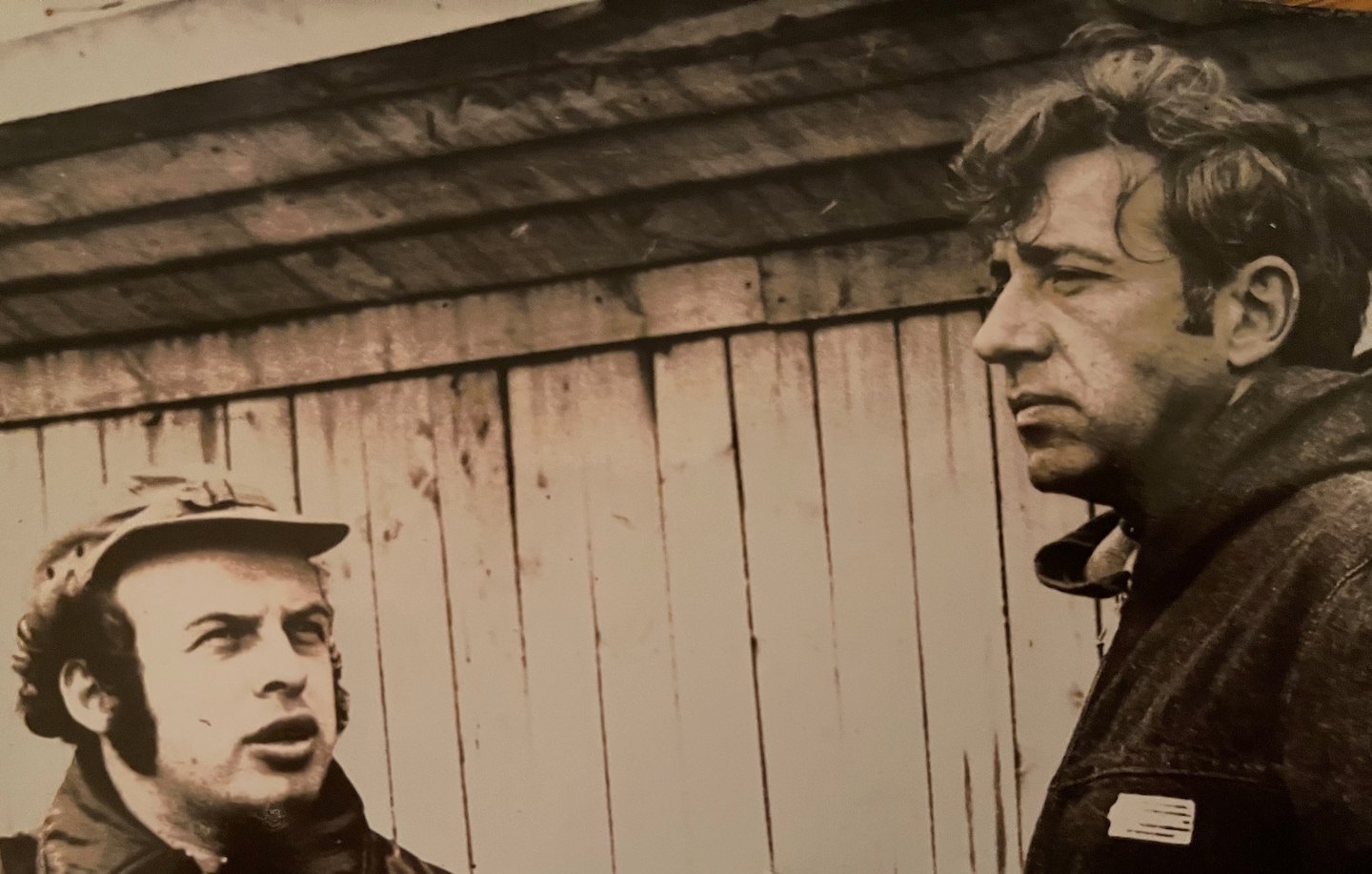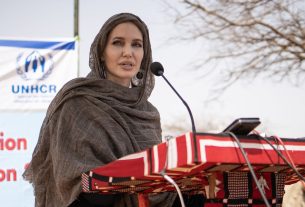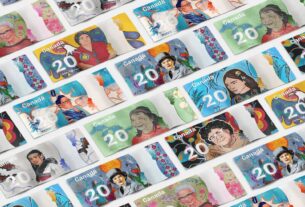The cause was complications from heart disease, said his son-in-law Craig Whitlock, a Washington Post reporter.
Mr. Toth won several prestigious awards as he chronicled historic events over three decades, including the U.S. space program, the 1967 Arab-Israeli war, nuclear arms negotiations, Henry Kissinger’s diplomatic forays, Richard Nixon’s turbulent White House and the Iran-contra scandal of the 1980s.
He became part of the newscycle himself in June 1977 as he was wrapping up a three-year tour as the paper’s Moscow correspondent. Six days before he was to depart, Soviet plainclothes officers arrested him on a Moscow street and notified the U.S. Embassy that he had obtained “secret data” and must report to the KGB’s infamous Lefortovo Prison for interrogation.
President Jimmy Carter’s White House and State Department said they viewed his case “with utmost gravity” and issued a strong protest to the Kremlin. At the time, Russian officials regularly planted evidence to accuse American reporters of spying.
Mr. Toth’s ordeal was nerve wracking but brief. He was questioned over two days but was permitted to go home each night and was never charged with a crime. In the end, Soviet officials allowed him, his wife and their three young children to depart Moscow as they had originally planned.
In a first-person story for the Times, Mr. Toth called the pretext for his arrest “laughable,” saying a source he believed was a scientist had handed him a paper on parapsychology, not military secrets.
He said his KGB interrogators mostly pressed him for information on human rights activist Anatoly Scharansky, their real target. Soviet authorities had refused to let Scharansky and other Jewish activists emigrate to Israel, and Mr. Toth had aggressively reported on the so-called refuseniks’ plight.
“There was nothing to hide,” Mr. Toth wrote. “My contacts with dissidents had all been open, as had theirs with me.”
But the KGB transcript of his interrogation was used against Scharansky at his subsequent trial on spurious charges of treason. The indictment falsely called Mr. Toth a U.S. intelligence officer, an allegation he called “nonsense.”
Scharansky was imprisoned for nine years but never blamed Mr. Toth, calling him a “close friend” in his 1988 memoir, “Fear No Evil.” (Scharansky changed his name to Natan Sharansky after his release in 1986 and later held ministerial posts in Israel.)
Colleagues called Mr. Toth obsessive about accuracy and details. He had been a State Department and White House correspondent in the early 1970s in the Times’ Washington bureau, and he returned there to cover national security after leaving Moscow. He retired in 1993 and spent several years as a fellow for the Pew Research Center for the People and the Press.
His reporting from Moscow won George Polk, Overseas Press Club and Sigma Delta Chi journalism awards. His later reporting on clandestine CIA operations in Central America received the Weintal Prize for Diplomatic Reporting, sponsored by Georgetown University’s Institute for the Study of Diplomacy.
“He was amazingly well sourced,” said Doyle McManus, who shared the Weintal Prize with Mr. Toth and now is a Los Angeles Times columnist. “He covered the intelligence community like no one else at the time. Some of it may have been from the street cred he got from being interrogated by the KGB at Lefortovo.”
Family and friends described Mr. Toth as soft-spoken and mild-mannered, with one notable exception.
“His kids said some of their earliest memories were of him yelling on trans-Atlantic phone lines at editors not to distort the meaning of his copy,” Whitlock said. “He could be pretty profane. … He didn’t suffer editors gladly.”
Robert Charles Toth was born in Blakely, Pa., on Dec. 24, 1928, and grew up in nearby Throop, an Appalachian coal town hard hit by the Depression. His mother was a maid and homemaker. His father and both of his grandfathers dug coal in the mines.
“All three suffered black lung disease from the dust, which was what you got if you survived cave-ins, floods, fires, explosions and the various ‘damps’ (gases) that cut life even shorter,” Mr. Toth wrote in the Times in 1990.
Mr. Toth avoided the mines by enlisting in the Marine Corps after high school. He then used the GI Bill to enroll at Washington University in St. Louis, where he met his future wife, Paula Goldberg, a fellow engineer.
In addition to his wife of 68 years, survivors include three children, Jessica Toth of Del Mar, Calif., Jennifer Toth of Silver Spring, Md., and John Toth, of Victoria, Australia; a sister; and five grandchildren.
Mr. Toth initially worked for the U.S. Army Ordnance Corps. He quit after he was refused a security clearance because of McCarthy-era concerns about his wife’s parents, who were members of the Communist Party USA.
In need of a new career, he received a master’s degree in journalism at Columbia University in 1955. That led to reporting stints at the Providence Journal and the New York Herald Tribune, followed by a year as a Nieman fellow at Harvard University and then a job as a science writer in the Washington bureau of the New York Times.
In 1963, he joined the Los Angeles Times at a moment when the long-staid paper was fast expanding under an ambitious new publisher, and Mr. Toth saw a chance to travel the world.
Two years later, after Mr. Toth moved to Britain to lead the paper’s London bureau, the Times ran a house ad with a black-and-white photo that showed him dressed in a natty suit, a newspaper under his arm, with Big Ben and Parliament in the background. He kept a copy in his scrapbook for the rest of his life.
“Mother England is swinging,” the headline read. “And Bob Toth knows what the action means.”



